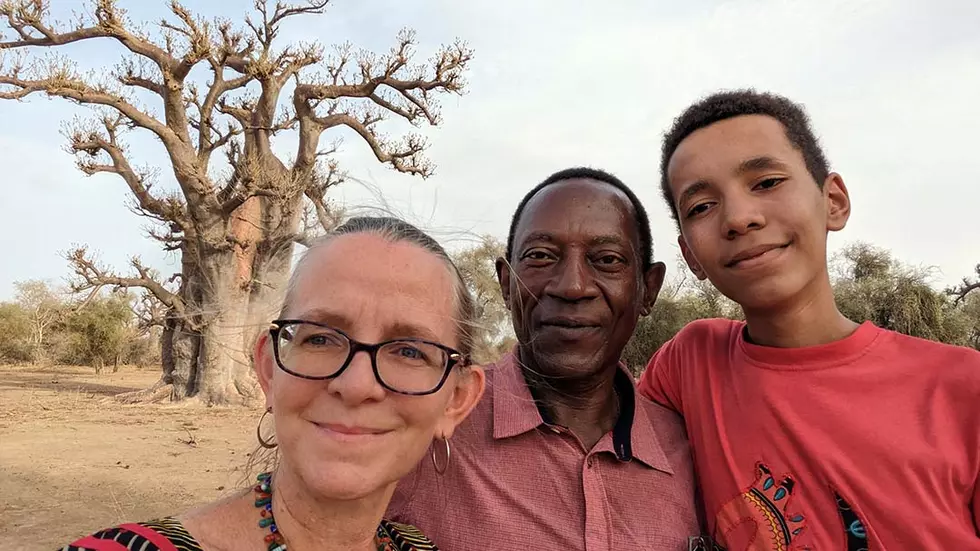
Viewpoint: Local climate action helps mitigate global impacts
Anne Langdji
The consequences of energy policies and consumption patterns in the U.S. and Montana don’t stop at the state borders. I’ve been a resident of Montana for about 20 years. I’ve also spent a considerable amount of time living in several different countries in Africa while working with the Evangelical Lutheran Church in America.
As a Christian, I am compelled to steward resources for all creation, both in my backyard and across the oceans. As Americans, we have a bigger footprint and a greater opportunity to create a positive impact. Even action at the state level can have a big impact, so I recently commented in favor of a petition to the Montana Public Service Commission requesting that they consider climate change impacts in decision-making.
Climate change may manifest in Montana as wildfires and lack of precipitation, but the impacts of climate change appear in numerous and often deadly ways around the world. In the Central African Republic, peaceful communities are disrupted by acts of violence spurred on by climate migration colliding with civil or national unrest that began in 2013.
Like in Montana, cattle are incredibly important in areas of Africa. Cattle are wealth. Lengthening dry seasons cause cattle herders to migrate into new areas, instigating conflict with local herders and farmers. Just two days after Easter, the national bishop of the Lutheran church in the Central African Republic shared with me the news of yet another horrific incident in which 17 people were killed in a community where I used to live. My husband, who still lives and works in the region, travels there quite often and must assess the risk before each visit.
Many other places in Africa are experiencing the impacts of climate change, including the island nation of Madagascar. It is huge with varied geography, and each region is impacted by increasingly strong weather events. Drought and cyclones cause extreme hunger and flooding. Families can lose belongings and property or be forced to use everything they have just to eat one meal a day.
Just in the past month, more stories have been published about the effects of climate change on fishing in Madagascar, where coastal families survive solely on their catch. I have never seen the severity of hunger caused by drought as what I witnessed in southern Madagascar a few years ago.
In the communities I visited, families have to decide if the water they have will be used to drink, cook, bathe, OR wash clothes. If they are able to eat once a day, it is the remains of the poor harvest the year before, some dried cassava, foraged roots that are only eaten to avoid starvation, or prickly pear cactus (which would normally have been fed to cattle). The resilience of the Malagasy people can only last so long. Can we make decisions in Montana that will improve our lives and theirs, today and into the future?
If you say that those people should solve their own problems, then imagine how most of our ancestors did that. They left their countries and came to this place. Know that climate change continues to also lead people to do the same. In West Africa, one of the causes of migration to Europe and to the US, whether on planes or crossing land borders, is climate change. People scrape together money to leave because the land can no longer support crops or livestock.
As we discuss in Montana whether we need to consider climate change in our decision-making, please remember that we must think about those who live around the world, too.
Anne Langdji lives and votes in Montana.
